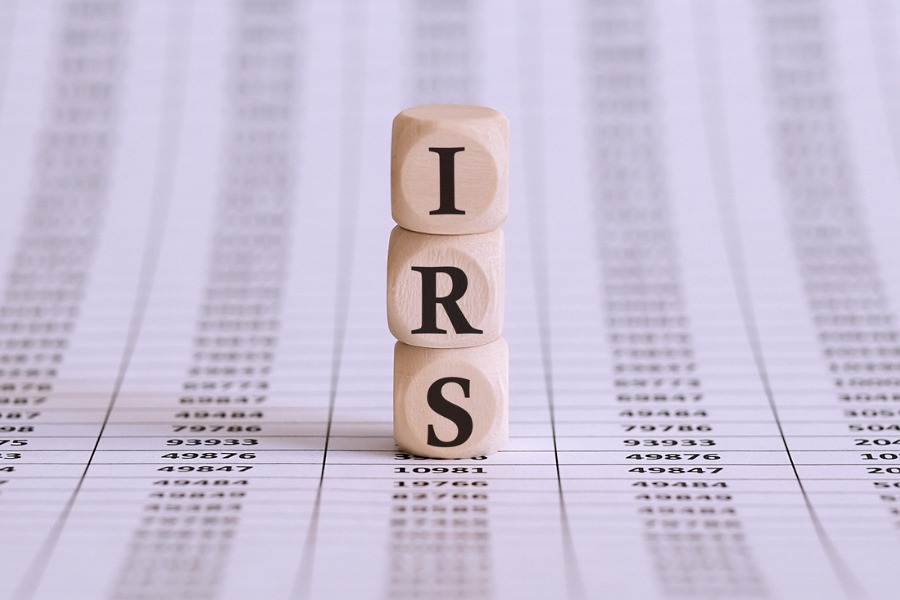

Vice President Kamala Harris's recently unveiled comprehensive tax proposal could significantly impact the wealthiest Americans as it seeks to reshape income taxes and how capital gains are taxed.
This plan, which supports a number of tax increases proposed earlier by President Joe Biden, aims to generate nearly $5 trillion in additional revenue for the federal government over the next decade.
As detailed in the New York Times and other news outlets, one of the key pieces to Harris’s proposal is an increase in the top marginal income tax rate, raising it from the current 37 percent to 39.6 percent. Beyond that, she's looking to hike the rate on two Medicare surtaxes from 3.8 percent to 5 percent for Americans earning more than $400,000. Combined, these measures could result in a top marginal tax rate of up to 44.6 percent, according to the Times.
In addition to income tax changes, Harris’s plan proposes to transform how investment gains are taxed. While investment earnings such as those from stocks, bonds, and real estate are currently subject to lower tax rates compared to regular income, the new plan would have Americans earning more than $1 million annually pay the same tax rate on their capital gains and their regular income.
Also notable from the proposal is an effort to close what some Democrats view as a loophole in the tax system. Under the so-called step-up rule, inherited assets are only taxed on gains made after the original owner’s death, meaning heirs often avoid paying taxes on the full appreciation of those assets. Harris endorses taxing these gains at the time of the original owner’s death, though with several exemptions, including when assets are inherited by a surviving spouse.
Additionally, Harris’s tax plan includes a "billionaires-minimum tax," which targets individuals with wealth exceeding $100 million. This measure would require such individuals to pay a minimum tax rate of 25 percent on a combination of their income and unrealized capital gains — that is, the increase in value of assets they own but have not yet sold.
"The so-called billionaires-minimum tax could create hefty tax bills for people like Elon Musk who derive much of their wealth from stock they own," the New York Times noted.

By listening for what truly matters and where clients want to make a difference, advisors can avoid politics and help build more personal strategies.

JPMorgan and RBC have also welcomed ex-UBS advisors in Texas, while Steward Partners and SpirePoint make new additions in the Sun Belt.

Counsel representing Lisa Cook argued the president's pattern of publicly blasting the Fed calls the foundation for her firing into question.

The two firms violated the Advisers Act and Reg BI by making misleading statements and failing to disclose conflicts to retail and retirement plan investors, according to the regulator.

Elsewhere, two breakaway teams from Morgan Stanley and Merrill unite to form a $2 billion RIA, while a Texas-based independent merges with a Bay Area advisory practice.
Orion's Tom Wilson on delivering coordinated, high-touch service in a world where returns alone no longer set you apart.
Barely a decade old, registered index-linked annuities have quickly surged in popularity, thanks to their unique blend of protection and growth potential—an appealing option for investors looking to chart a steadier course through today's choppy market waters, says Myles Lambert, Brighthouse Financial.
